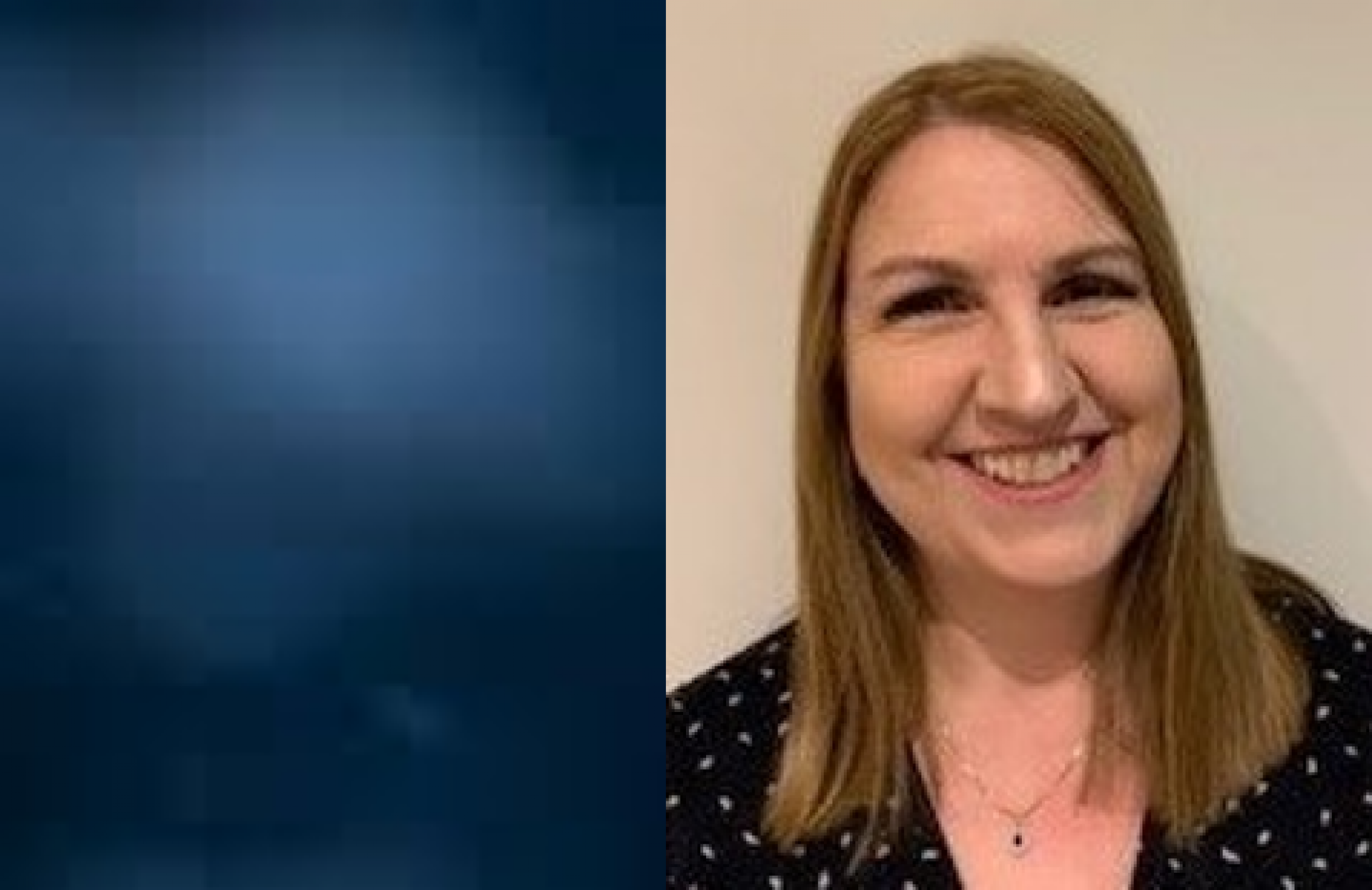
The term accreditation is used a lot in policing and often with a different meaning depending on the context. Legal representatives are accredited, so are firearms officers, and national IT systems and training courses. So understandably when the term accreditation is used for forensic science activity it’s not always readily understood.
Accreditation in this context is the formal, independent recognition of competence to perform a specific task, as assessed by the United Kingdom Accreditation Service (UKAS) as the authoritative body.
In reality; accreditation is achieved following a positive UKAS assessment of a police forces’ competence to process forensic evidence, from receiving a request for service all the way through to reporting results, and includes everything in between.
To be accredited the force needs to evidence that the facilities, policies, processes, people, systems, equipment and methods are all for for purpose, and are compliant with the relevant international standards.
The international standard Forensic Science is required to meet is generally BS EN ISO/IEC 17025 for lab/office based activity and BS EN ISO/IEC 17020 for crime scene activity.
These standards lay out the minimum requirements expected but there are a significant number of other requirements that also need to be adhered to.
These include those laid out in the Forensic Science Regulators Codes of Practice and Conduct, and all the associated appendices, there’s also the International Laboratory Accreditation Cooperation documents such as ILAC G19 and ILAC P15, there are also UKAS documents to comply with such as LAB documents or RG201.
Each of these documents hold compliance requirements that force forensic units must consider, implement, embed, and then demonstrate compliance with.
Accreditation involves a challenging programme of change in order to implement successfully but there is no need to face the challenge alone. Every force is trying to achieve the same goal, so let’s come together to support each other, share what works well, reduce duplication, amplify successes and follow a smoother accreditation journey.
The benefits of accreditation are significant, it provides an external assessment of the validity of methods and techniques, it assures the technical competence of personnel and it determines impartiality is maintained within the forensic units, providing confidence that evidence is accurate and reliable.
So next time you hear a colleague talk about preparing for accreditation, lend them an ear, lend them a hand, get in touch with FCN and we too can help them along the way.